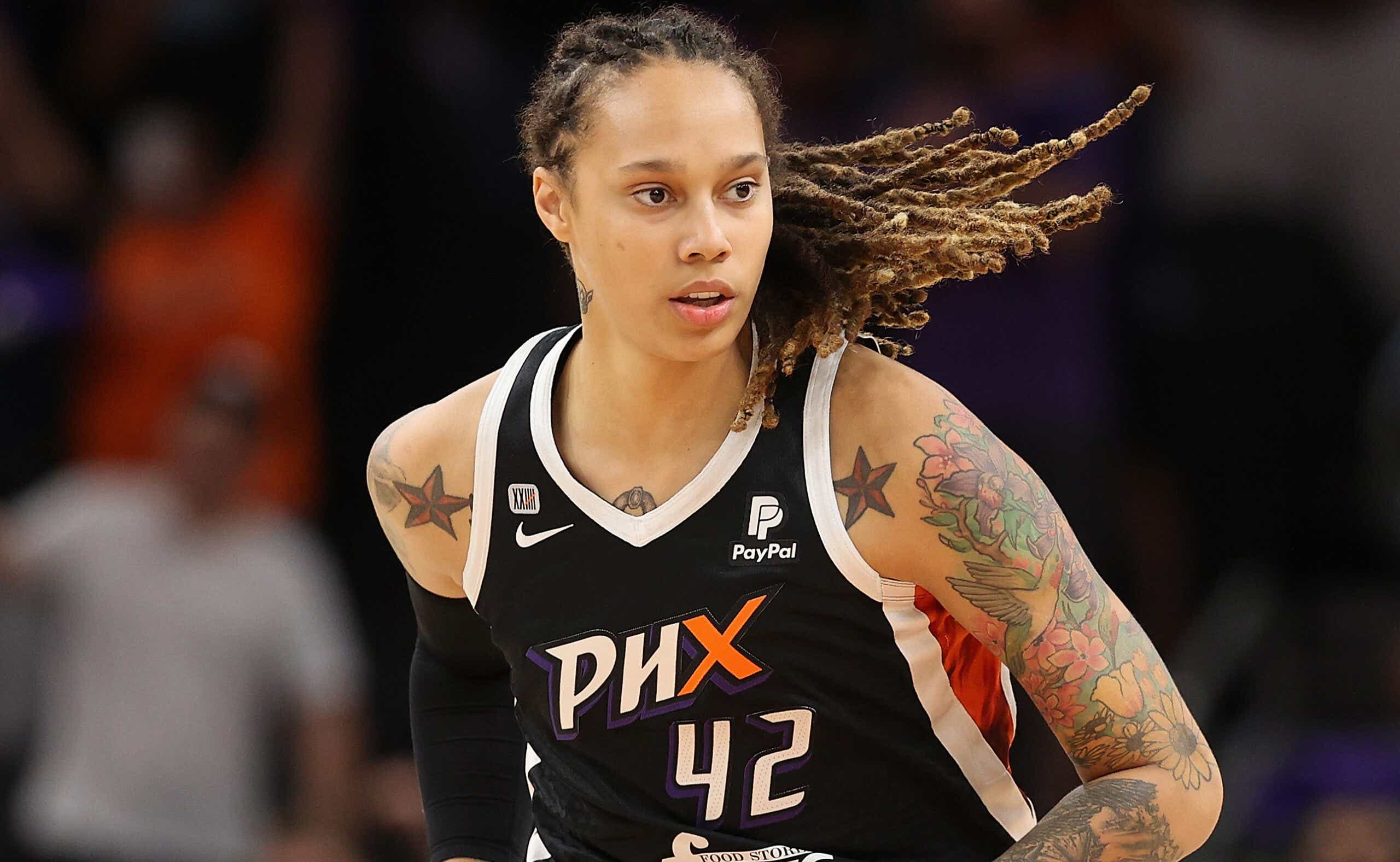U.S. Marine Trevor Reed's release from Russia in a dramatic prisoner swap has heightened the confusion over WNBA star Brittney Griner’s continued incarceration. Now, Griner's manager is highlighting a further inequity that may explain why she was detained in the first place.
What's the situation?
Reed was freed from Russian custody on April 27, as part of a prisoner exchange for a Russian national jailed for U.S. drug trafficking charges. Griner was arrested in Russia in February when vape cartridges containing hashish oil — which is legal in much of the world — were allegedly found in her luggage. The offense can carry a 10-year prison sentence. In March, a judge extended her detainment until May 19.
How does the gender pay gap come into play?
Now, Griner's manager claims that she would never have been detained at all, were it not for the gender pay gap.
"The reality is, she's over there because of a gender issue — pay inequity," Nneka Ogwumike, the head of the WNBA players union, told ABC's Good Morning America.
Ogwumike stressed that Griner was only in Russia because she needed the money, and the play time. "We go over there to supplement our incomes, and quite frankly, we go over there to maintain our game," she said. Griner plays for UMMC Ekaterinburg, an elite Russian basketball club team, during the WNBA off-season.
Lindsay Kagawa Colas, who's represented Griner since 2013, has also highlighted the dire consequences of female players' dependence on supplemental work.
Writing in an op-ed for the Los Angeles Times, Colas stressed that though Griner's detention has grabbed headlines due to its obvious geopolitical implications, “at its underbelly lies a story of gender-pay disparity here in the United States.”
“The reality is that more than half of the women in the WNBA currently supplement their incomes by playing for professional clubs overseas from the end of the WNBA season to the start of the next,” Colas said.
“To date, the largest contracts paid to women basketball players have come from Russian and Turkish clubs. Top athletes can make six to seven times the maximum WNBA salary overseas — and the disparity as recently as 2019 was 10 to 15 times more than WNBA salaries,” she added.
“Now we have a high-stakes example of how economic disparity can have terrifying consequences.”
How bad is the pay gap for female players?
The gender pay gap in America affects women in practically every profession. Per Pew Research Center, 2020, women's annual earnings were just 84% of what men earned in the U.S. In the WNBA, that disparity is multiplied to an extraordinary degree.
This season, NPR notes that the average NBA base salary is about $5.4 million, nearly 45 times as much as the average WNBA base salary of $120,600. Even accounting for the shorter WNBA season — 36 games compared with 82 in the NBA — men make about 20 times as much as women pro-rata. This doesn't mean women do less work overall, as they have to keep playing off-season if they want to remain on top of their game. If they want to get paid for that time, they often have to go abroad.
What's the State Department saying?
After Reed's release was announced, the State Department stressed that securing Griner's freedom remains high on the agenda.
“When it comes to Brittney Griner, we are working very closely with her team. Her case is a top priority for us,” State Department spokesman Ned Price told CNN. “We’re in regular contact with her team.”









